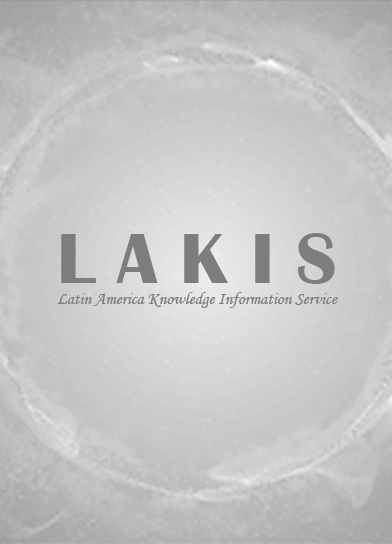Havana nocturne : how the mob owned Cuba... and then lost It to the revolution
T.J. English is a noted journalist, screenwriter, and author of the New York Times bestsellers Havana Nocturne and Paddy Whacked, as well as The Westies, a national bestseller, and Born to Kill, which was nominated for an Edgar Award. He has written for Esquire, Playboy, and New York magazine, among other publications. His screenwriting credits include episodes for the television crime dramas NYPD Blue and Homicide, for which he was awarded the Humanitas Prize. He lives in New York City.
Introduction xiii
Mobster Mambo
Feeling Lucky 3
The Mob's Playground 30
El Judio Maravilloso (The Marvelous Jew) 51
Well-Charactered People 72
Razzle-Dazzle 93
The Ghost of Jose Marti 115
Gambler's Paradise 139
La Enganadora (the Deceiver)
Arrivederci, Roma 161
A Bullet for El Presidente 183
Carnival of Flesh 205
Tropical Vengeance 226
A Handmade Woman 247
The Sun Almost Rises 268
"Get the Money" 289
Epilogue 321
Acknowledgments 331
Appendix 335
Notes 337
Sources 369
Index 381
Old Havana mambos on the brink of the abyss in this chronicle of Cuba in the decades before the 1959 revolution. True-crime writer English (Paddy Whacked) presents an empire-building saga in which the "Havana Mob" of American gangsters, led by visionary financier Meyer Lansky, controlled Cuba. Empowered by permissive gambling laws and payoffs to dictator Fulgencio Batista, the Mafia poured millions into posh hotels, casinos and nightclubs, skimmed huge profits and sought to make Havana its financial headquarters. The results: exuberant nightlife, a giddy Afro-Cuban jazz scene, sordid backroom sex shows and the occasional grisly gangland hit. English revels in purple prose ("the island seethed like a bitch with a low-grade fever") and decadent details, including an orgy with Frank Sinatra and a bevy of prostitutes that was interrupted by autograph-seeking Girl Scouts and a nun. But his estimate of the importance of the Havana mob and its "showdown" with Castro's puritanical rebels seems inflated. More supplicant than suzerain to Batista, the mob focused on internecine feuds and paid little attention to the brewing insurrection. The casinos, hotels and nightclubs were all the mob owned-but they sure threw one hell of a party.



